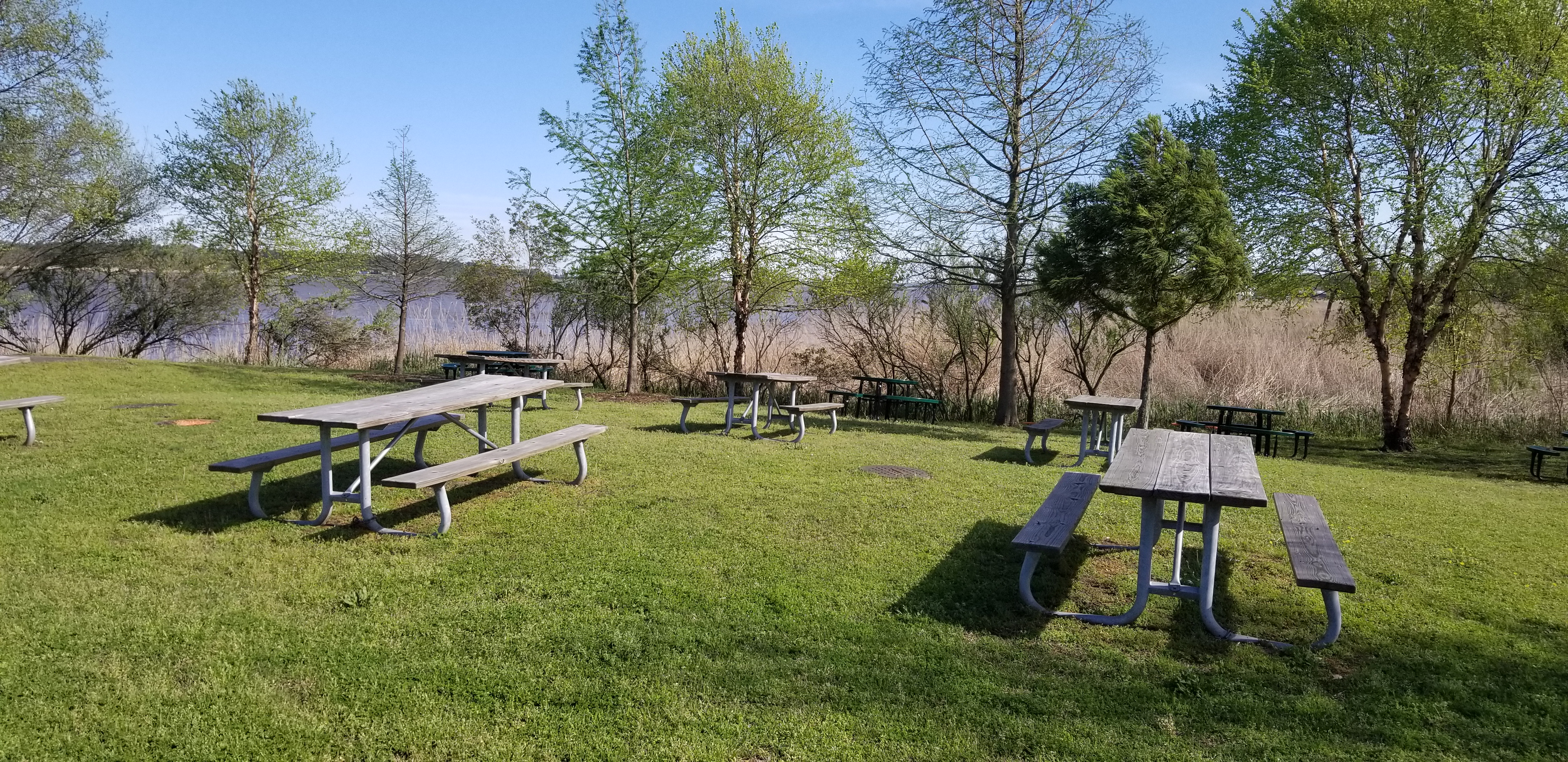In 1622, the colonists at Jamestown in what is now Virginia were outgrowing the boundaries of the original settlement. Relations with the local Powhatan tribe had thus far been good, but the colonists weren’t being good neighbors. Feeling entitled, they routinely stole food stores and ruined crops planted by the Powhatans. Finally, a colonist murdered a leading Powhatan warrior and shaman named Nemattanew. This final straw led the Powhatan nation to attack the Jamestown settlements.
On March 22, 1622 members of the Powhatan Confederacy killed 347 English colonists, roughly a quarter of the entire English population in Virginia. The next year was full of open hostilities, until in May of 1623 the Powhatan leader Opechancanough reached out to negotiate a peace treaty. The colonists agreed to negotiate, but never intended to honor any truce.

On May 22, 1623, representatives from Jamestown met with Opechancanough and other prominent Powhatans on neutral ground along the Potomac River (site pictured above). At the meeting, after “manye fayned speeches” the new treaty was celebrated with a toast. But the wine given to the Powhatan leaders was premeditatedly poisoned. Over 200 Powhatan representatives died from the poison, and another 50 or so were shot trying to flee.
The meeting had been planned by Jamestown governor Francis Wyatt. His brother, Rev. Haute Wyatt, was the colony chaplain – and my 10th great grandfather.
How Do You Honor Such Ancestors?
The Reverend Wyatt isn’t the only “problematic” (to put it mildly) member of my family tree. An entire generation of men fought for the Confederacy in the US civil war. Several ancestors owned enslaved people, including one Hair Conrad who was the Cherokee leader on the first detachment to embark upon the Trail of Tears. (Sadly, many Cherokee were indeed slave owners.) In another line, I have a white grandfather who was one of the enforcers of that very same detachment.

If I ignored every ancestor such as these, I wouldn’t have many ancestors left to honor. Overall, I try to look at my ancestors as a product of their times. Yes, they may have done things we now know are horrible. But they still played a part in making my life possible. I don’t excuse the bad things they did, but I honor their humanity and their place in my own history, and I pray for them to grow in wisdom on the other side.
And when possible – as in the case of Rev. Haute Wyatt – I do what I can to make amends.
Offerings For Healing And Regret
A couple years ago my husband and I drove back to North Carolina after an anniversary trip to New York City. It’s a long drive, so we stopped halfway and spent the night near the Jamestown settlement in Virginia. I had come across the actual location of the peace treaty and poisoning seemingly by chance online, and felt compelled to visit.
The site today is a small picnic area beside a bridge over the Potomac River – you’d never know the horrible history of this tiny parcel were it not for the historical marker placed nearby. My husband and I stopped there on our way to the Airbnb we had booked for the night, and he waited while I walked the site and reached out to the spirits who had lost their lives that day.

I brought some high quality organic corn meal and a leaf of natural dried tobacco. As I walked the site, I sprinkled the corn meal and attempted to burn the tobacco. (Unfortunately, it was very windy and the tobacco wasn’t completely dry. I wound up pinching off small bits at a time and letting them go into the wind.) I introduced myself to the spirits of the land and called upon the spirits of those who had died there 400 years ago.
I told them I was a direct descendant of Rev. Wyatt, and that he had at least helped to plan the poisoning if he wasn’t present for the “treaty talks.” I expressed my personal horror and shame at what my ancestor had done, and said I was offering the corn meal and tobacco in a spirit of remorse and genuine peace. On behalf of my family I apologized.
My husband (who is not a pagan) asked me later what I had felt. I had to say that I hadn’t really felt much of anything in the moment, but that the exercise wasn’t really for me. I was hoping to spark some healing in spirits long dead.
For what it’s worth, once I was back home and meditating in my usual spot, I did feel as though I had a visit from the Rev. Wyatt. He seemed glad I had done what I did, to realize the magnitude of the wrong he had helped commit all those years ago. It felt as though I had indeed brought a small measure of peace to the situation.
Of course, one small act 400 years later does not heal such a horrific situation. I plan to repeat this ritual again in the future, many times if possible. In this small way I can honor the ancestors who made my life possible while not excusing horrible things they did.
Do you have ancestors who did bad things? (Who doesn’t, really…) Tell us about them, and how you handle knowing about it, in the comments!
